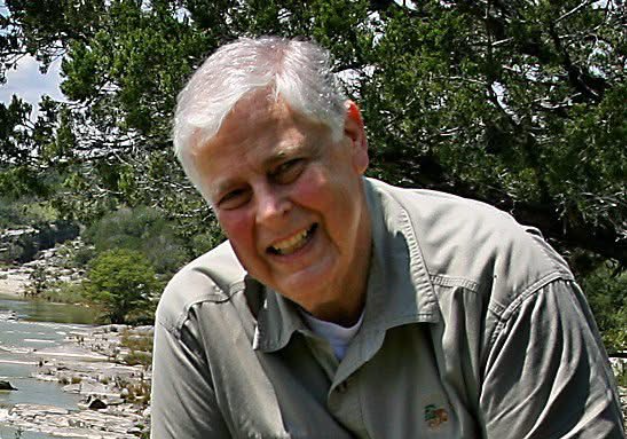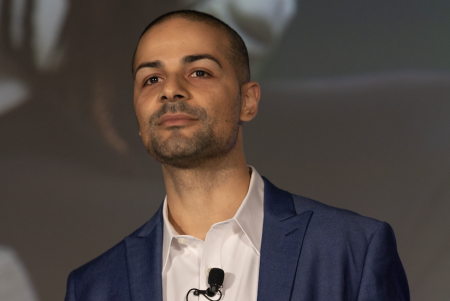Mike Maples Sr., a seasoned IBM executive, embarked on an unconventional journey when he joined Microsoft in 1988, recruited by Bill Gates himself to lead the applications division. This move, met with considerable skepticism at the time, proved to be a pivotal moment in Microsoft’s history. Maples, an outsider in Microsoft’s youthful and dynamic culture, was tasked with overseeing the development and growth of crucial applications like Word and Excel, a responsibility he embraced with a distinct blend of wisdom and adaptability. His arrival marked a significant shift for the company, injecting a level of seasoned management and structured practices into an environment that had thrived on its informal, hacker-driven ethos.
Maples’ tenure at Microsoft was characterized by his unique leadership style, a departure from the norm in the fast-paced, competitive world of software development. He prioritized establishing clear processes and fostering accountability without imposing rigid structures. This approach empowered teams to take ownership of their projects while ensuring they adhered to established guidelines. He recognized the value of the existing culture, opting to guide and mentor rather than dictate, effectively blending his experience with the innovative spirit that defined Microsoft. This emphasis on structure and mentorship had a profound impact on the development of Microsoft’s application suite, shaping the foundation for the company’s future success in the software market.
The transition from IBM to Microsoft was a stark cultural shift for Maples. He traded the corporate formality of IBM for the vibrant, almost collegiate atmosphere of Microsoft. The difference was palpable, from dress codes to demographics, and Maples quickly adapted to this new environment. He embraced the opportunity to shape the company’s burgeoning applications division, recognizing the potential for growth and innovation. Instead of imposing rigid corporate structures, he focused on fostering a culture of process and accountability, allowing the creative energy of Microsoft’s young workforce to flourish within a more defined framework. This approach proved highly effective, paving the way for the development and success of iconic products like Word and Excel.
Maples’ impact extended beyond product development. He became a mentor to many within the company, including future tech leaders like Mike Slade. His guidance, often subtle yet profound, resonated with those he mentored, offering valuable insights that extended far beyond their time at Microsoft. He emphasized the long-term nature of careers, encouraging patience and a focus on continuous learning. This mentorship, coupled with his commitment to building career development programs, contributed significantly to the growth and maturation of Microsoft’s workforce, creating a pipeline of future leaders who would carry on his legacy of thoughtful and effective leadership.
The death of Microsoft’s finance chief, Frank Gaudette, in 1993, profoundly impacted Maples, prompting him to re-evaluate his priorities. Witnessing the toll that a demanding career could take, he realized the importance of balancing professional success with personal fulfillment. This realization led him to decide to leave Microsoft in 1995, after the successful launch of Windows 95 and Office 95. He recognized that staying would mean committing to another intense development cycle, potentially at the expense of personal pursuits he had long deferred. This decision marked a turning point in his life, shifting his focus from the relentless pace of the tech world to a more balanced and fulfilling existence.
Following his departure from Microsoft, Maples embarked on a new chapter, pursuing personal passions and continuing to influence the business world through mentorship. He became a rancher in Texas, fulfilling long-held dreams of travel and adventure. Even as he transitioned away from the daily grind of corporate life, he remained a valuable resource for entrepreneurs and business leaders, offering his unique perspective and experience. His legacy extends beyond his contributions to Microsoft, embodying a philosophy of leadership that valued both professional excellence and personal well-being. He demonstrated that success could be achieved not only through hard work and dedication but also through kindness, integrity, and a commitment to personal growth. His son, Mike Maples Jr., a prominent venture capitalist, described him as a powerful yet kind leader, highlighting the profound impact he had on those around him. Mike Maples Sr.’s story serves as a testament to the enduring power of mentorship and the importance of balancing professional ambition with a fulfilling personal life.















